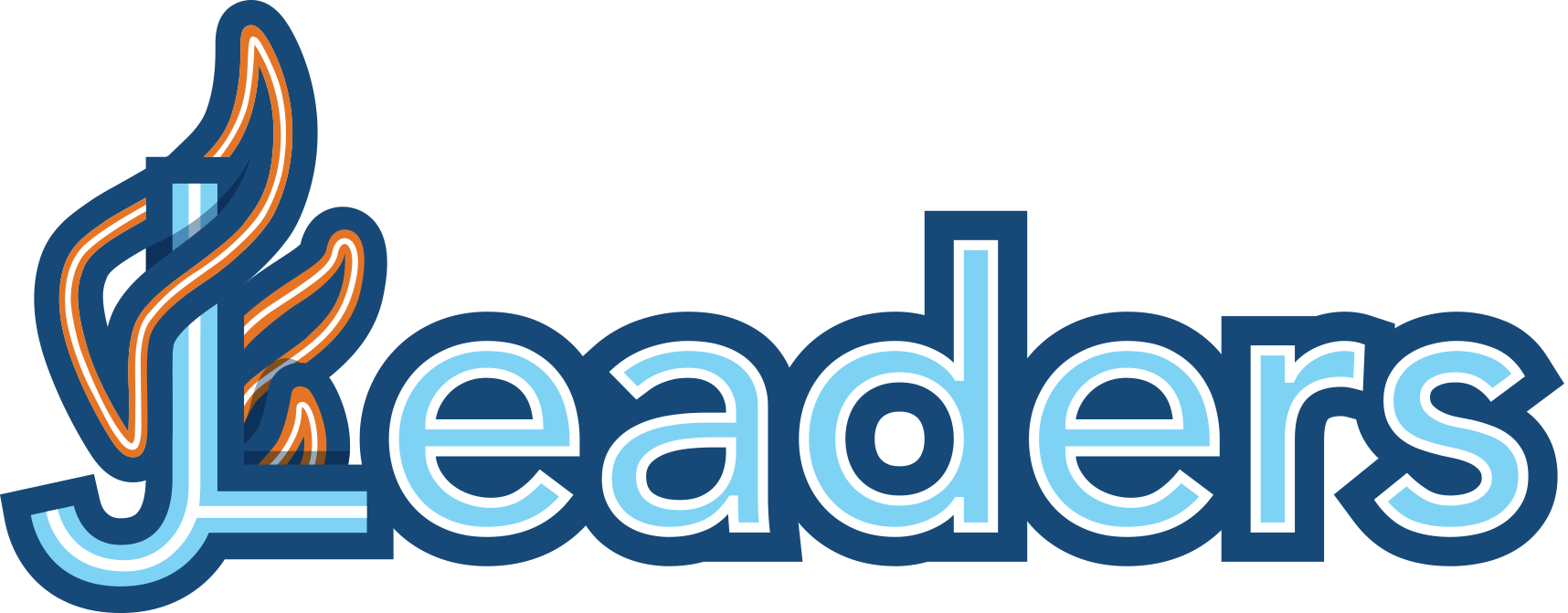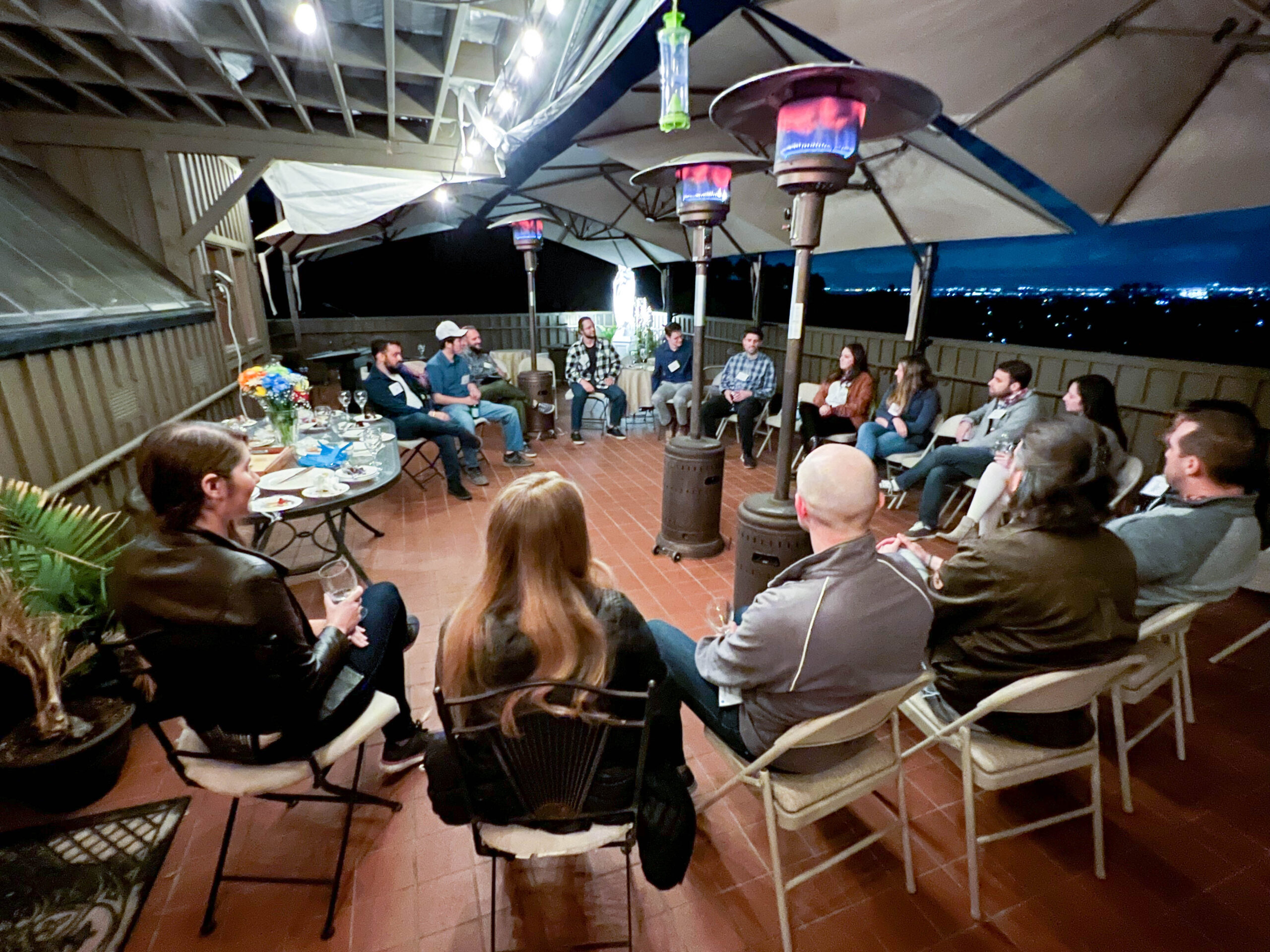By Gita Kaminer, ’23-’24 J Leaders Academy Fellow
Tikkun Olam emphasizes that individuals’ actions contribute to a better world. In the first section, we discussed how we can apply those principles to foster our own well-being. In this section, we extend these principles beyond the individual to teams and communities, showing how our individual actions can create environments that foster balance, flexibility, and inclusion.
Part 2 – The Team: Model Authenticity to Reduce Stress
Did you know that more than half of employees feel like they cannot bring their authentic selves to work?
A behavior called “Covering” — a term developed in 2006 by Professor Yoshino in his book Covering: The Hidden Assault on Our Civil Rights — refers to ways that individuals downplay known disfavored identities to blend into mainstream corporate cultures.
A November 2023 Deloitte DEI Institute study found that covering is pervasive, particularly among marginalized communities. Workers cover to avoid negative stereotypes, because they don’t want others to think less of them, and to be seen as competent and valuable. This reflects ongoing fears of discrimination and unconscious bias at work.
Here are just a few direct quotes from participants of that study. Do any resonate with you?
Appearance
“I keep my hearing aids covered.”
“I tend to downplay my femininity, even as a cisgender woman, due to working in a male-dominated field (IT and Utilities). I avoid wearing dresses or makeup.”
“I go out of my way to ensure my accessories and hair covering do not display my religious view[s] for any on camera or in-person meetings.”
“I edit the way I talk and act around my coworkers to make myself appear ‘less gay.’”
Advocacy
“I don’t talk about [my] feelings related to rising antisemitism.”
“I have kept quiet when remarks have been made of my race that are derogatory.”
“I am an older person and fully support elderly causes, but don’t want to speak out for such causes in case it endangers a job opportunity. Mostly, I just don’t say anything.”
Association
“As a Black woman, I don’t want to be seen hanging out with a group of only Black women. It would seem ‘too Black’ if we were all seen together.”
“I avoid going to work functions when spouses are invited because I’m in an interracial relationship.”
Affiliation
“As an immigrant I often mask my upbringing to fit in with colleagues. From food, interests, and hobbies, I tend to try and stay up with American sports and culture in order to fit in.”
“I don’t talk about the personal struggles of dealing with an aging parent and having a young child. I don’t want my competency and focus to be questioned.”
“I don’t immediately disclose that I am neurodivergent and have attention deficit disorder. When I struggle to gather thoughts, or when someone is moving too quickly between ideas and I am struggling to follow along, I don’t always speak up and ask for them to slow down or indicate that I am having trouble following along with the conversation.”
“As a working mom, I try not to talk about my children at work. I do not want people to think I care more about my children than my career.”
Covering, a form of forced assimilation, is emotionally draining, perpetuates feelings of shame or guilt, and has been shown to lower worker confidence and self-esteem; employees report the pressure to “pretend to be someone else to be accepted” as stressful, exhausting, and demoralizing.
As a female, neurodivergent, Jewish leader, I find so many of these sentiments ring true! And I believe that as Jewish community members and leaders, we have a significant opportunity to influence organizational inclusiveness, display allyship and set the tone for others to follow.
Allyship—using your advantages to support others without the same advantages—is an especially effective tool because allies are often seen as more credible and face fewer penalties than those directly affected when challenging non-inclusive behavior.
And even small behavioral shifts have a huge impact; the same Deloitte study showed that when workers see their team members or leaders uncover or display allyship, 88% report feeling less pressure to continue covering at work.
As Jewish leaders, here are some steps we can take to uncover and display allyship:
- Start by acknowledging and addressing the issue of covering in your organization. Encourage discussions among leaders and teams to make it a part of your culture.
- Share your own stories. Leading by example as a leader who values authenticity and openness can inspire others to do the same.
- Actively support your colleagues. Challenge covering demands and stand up for your team members.
But remember, uncovering isn’t enough. It’s up to us to foster an environment where everyone feels respected and valued:
- Create Safe Spaces: Create a safe space for team members to express their concerns, fears and feelings about sensitive subjects; commit to active listening, empathy, and understanding.
- Promote work-life balance: Encourage employees to prioritize work-life balance and model this behavior by respecting personal time boundaries and offering flexibility when needed
- Embrace Shared Values: Align team values with Tikkun Olam principles (kindness, justice, social responsibility). Define, communicate, and lead by example. Promote integrating values into daily work.
- Facilitate Mentorship and Guidance: Create a mentorship program, including meetings, goal setting, and feedback, following the Jewish tradition of passing down wisdom.
Within our teams, fostering authenticity and inclusivity is vital. By addressing stressors like covering, supporting our colleagues and creating safe spaces for them to show up authentically, we shape thriving workplaces. As Jewish leaders, we have a unique opportunity to lead by example, tell our stories proudly, and create a real impact on the lives of those we work with.
Now that we’ve shared some recommendations for bringing balance into our teams, let’s zoom out further. Organizations, like individuals and teams, can also embrace the principles of Tikkun Olam. By doing so, they can contribute to repairing the world on a larger scale.
Click here for part 3 of the series.

